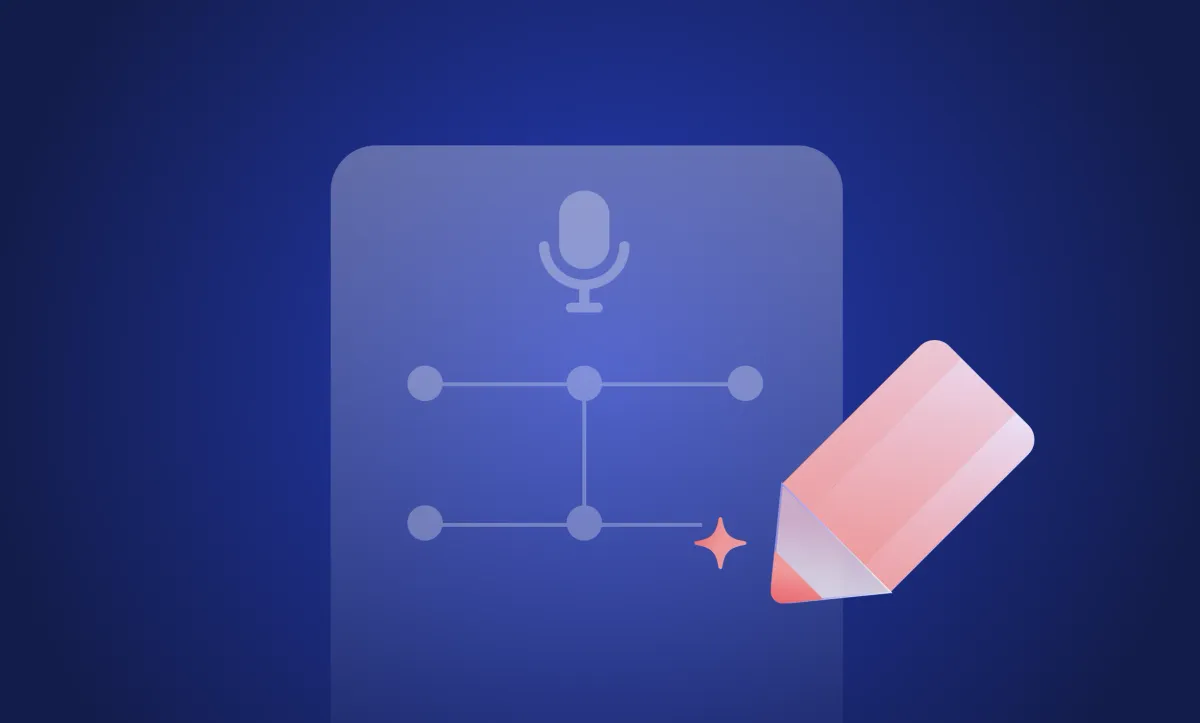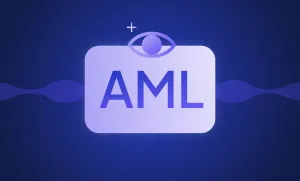Starting a new podcast episode can be both thrilling and daunting. You're launching a creative process where your mind is overflowed with ideas and inspiration. However, there is one thing you should consider before moving on to the main process of recording. If you don't want your show to sound like a random rambling, you need to design your podcast episode structure from the intro and closing words and call to action. It is just as crucial as the content itself. The individual elements of your episodes must be in the proper order to influence your audience. With planning, you make sure that you will tell a coherent story which makes it possible to increase engagement, increase the number of subscriptions, and provide a top-notch audio experience. Additionally, a strong structure of a podcast episode guarantees that your target audience will be satisfied and look forward to future episodes.
What is a podcast episode structure?
A podcast structure means that each episode of your show has repeatable elements which help you move smoothly from one point to another, allowing the show to flow coherently. They let your listeners recognize elements and build a sense of familiarity and belonging.
So, you add a structure to your podcast by planning segments that are essentially the framework of your episodes. Every podcast should include 3 essential segments:
Intro: A good intro, which tells new listeners who you are and, most importantly, that your podcast is intended for them, can hook your listeners and give them an idea of what to expect. It will let them know what you'll talk about.
Main content: This is the primary content of your podcast and where most of the action takes place. Being typically the longest portion of your show, it delivers the bulk of your message.
Conclusion: A good outro helps to sum up the episode for the audience. You can include outro music and a summary of the episode's main points. You can also give a hint at the subject of the upcoming episode to attract your listeners.
Plan and execute episodes seamlessly with robust podcast software.
Planning a Podcast
1) Plan Your Episode Length
The audience likes predictability, especially when it comes to the length of episode. Keep all of the episodes at the same length if you only have one format. Try to strive for the same duration as frequently as you can.
It's preferable to start new podcasts with shorter episodes and increase their length as you gain your listener's trust. Once your audience sees that you provide valuable content, they will be eager to listen to longer episodes.
2) Decide on a Format
There are several episode formats you can ultimately choose from, like solo, co-host conversational, one-on-one interview, etc. If you're aiming to create demand for your brand or to pass on organizational information, you can try either solo or co-host conversational episodes. And you'd better focus on interviews if you want to build relationships. You can, certainly, mix some of the podcast formats. But, if you're serious about getting to your primary goal, it's best to stick to one format.
3) Have a Topic for an Episode
Keyword research is the first step in every podcast. It takes some work to figure out which particular topics to build episodes around. You probably already know what others in your industry are talking about. However, creating a list of topics before you start recording might be useful. Whether you're producing a fun podcast or an informative series, it could add depth and authenticity to each episode. By selecting reliable sources, keep your research structured, so it's simple to find inspiration when the going gets tough. You should also listen to others as well since their suggestions might help you avoid doing hours of work!
4) Include a Call-to-Action
This step is a crucial part of your podcast episode structure since it boosts podcast growth and can attract new listeners. Make sure you have a specific call to action for them in every episode! You could ask the audience to download a free resource, subscribe to your email for more news, or leave a review. This might as well turn your listeners into loyal fans!
Summary
Planning your podcast episode structure is an extremely powerful tool that can benefit you in producing higher quality episodes and, in return, will bring more listeners for your show. With planning, you can improve the quality of the podcast, make every episode an engaging, shareable piece of content, and connect with the audience.








